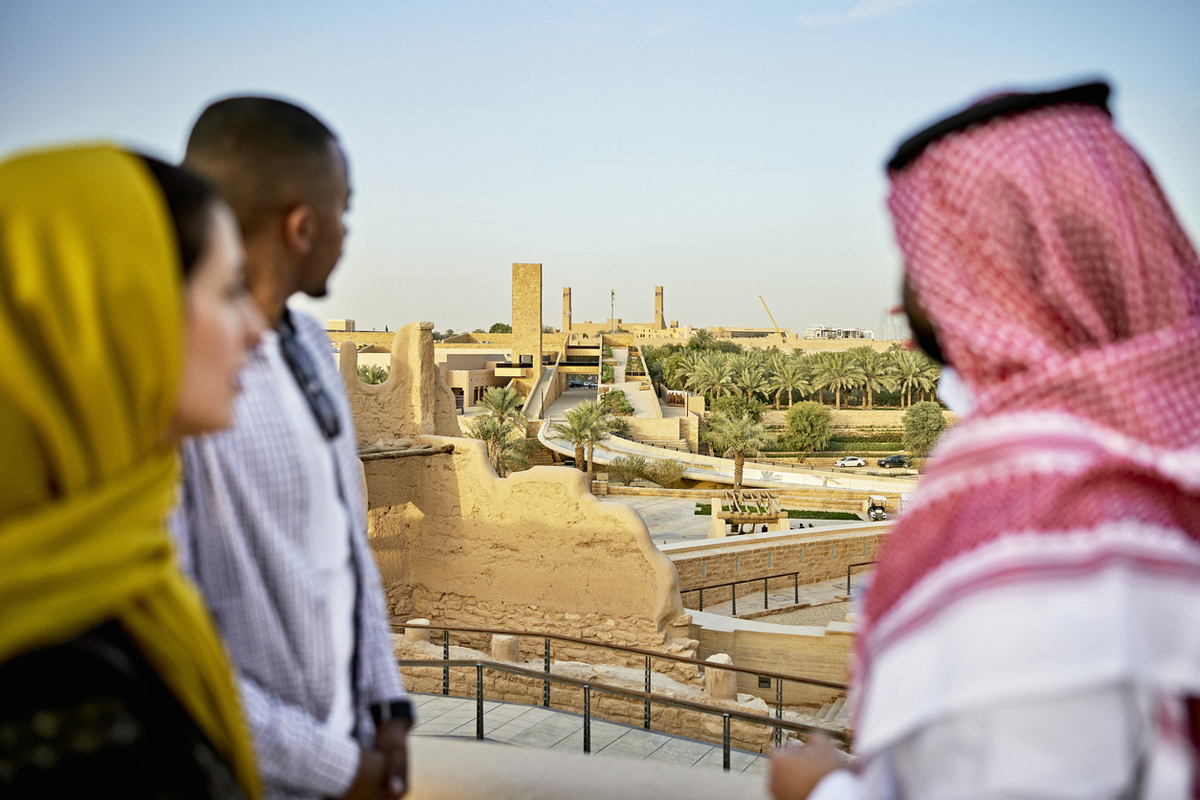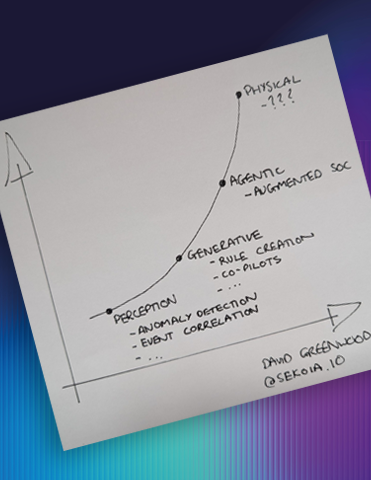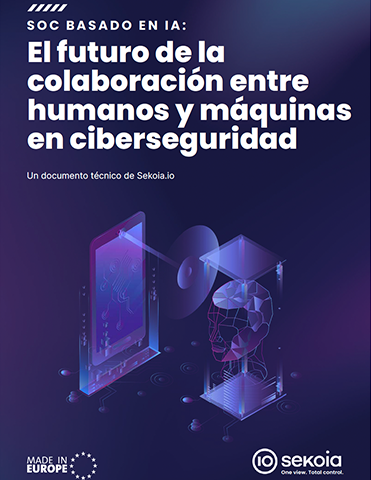Seven years of transformative impact: Saudi Vision 2030 at the halfway mark
Sponsored by Saudi Delegation to the World Economic Forum
Just halfway into the implementation of Saudi Arabia’s ambitious national strategy for its long-term social and economic transformation, its impact has been seismic.
Built on three pillars – a vibrant society, a thriving economy and an ambitious nation – Saudi Vision 2030 encompasses a range of sweeping structural reforms that are affecting every aspect of life in Saudi Arabia, preparing the nation for the challenges of a world disrupted by rapid technological advances, economic fragmentation, fiscal shocks, and deepening climate, food and water security challenges.
Launched in 2016, the Vision aims to enhance the quality of life for its people and diversify the economy at a pace and scale beyond oil. As such, resilience and adaptability have become features of the new Saudi economy, which stood strong against the headwinds created by the pandemic and consequent global economic pressures.
While keeping inflation low and insulating the economy from a restrained global fiscal environment, the performance of the country’s non-oil sector stands as a testament to the country’s diversification, which grew 5.4 per cent in the first half of 2023, according to the latest data.
To further fuel its non-oil growth, the Kingdom has been deploying capital into new and emerging sectors, from clean and renewable energy to tourism, entertainment, culture and sports. This has been happening in parallel with nationwide initiatives to enhance industrial, logistics and manufacturing capabilities, as well as fortifying the resilience of supply chains and strengthening its financial systems.
Building on its commitment to drive the energy transition, Saudi Arabia announced plans at the United Nations Framework Convention on Climate Change’s 28th Conference of the Parties (COP28) to launch new renewable energy projects with a combined capacity of 20GW by 2024.
The announcement came in the wake of the Kingdom’s rapid ramping-up of its renewable energy production – up from 700MW in 2022 to 2.8GW at the end of 2023, which is enough to supply electricity to more than 520,000 homes. On top of this, more than 8GW of renewable energy projects are currently under construction, with another 13GW-worth of renewable energy projects at various stages of development.
Efforts to transform its domestic power mix fall in line with Saudi’s steadfast commitment to achieving net-zero emissions by 2060, amid a global push to shift to low-carbon economic models.
By tapping into the vast potential of its non-oil sectors, Saudi Arabia’s GDP has risen from $665.8 billion to more than $1.1 trillion, as it marches towards its goal of becoming one of the world’s top 15 economies by 2030. This growth is also reflected in the Public Investment Fund’s assets, which have exceeded $700 billion, created 644,000 direct and indirect jobs and established 93 companies.
Some of the fund’s notable investments behind its growth include global companies such as Meta, Boeing, Berkshire Hathaway, Disney and Bank of America. It has also recently acquired a stake in London’s Heathrow Airport and is influencing the sports world, with investments in LIV Golf and Newcastle United Football Club.
As well as investing in sports teams and events, Saudi Arabia has been gaining an international reputation as a destination for major sporting events, such as the Saudi Arabian Grand Prix and box office boxing bouts. These initiatives align with Vision 2030’s goals of increasing participation in sports and showcasing the Kingdom’s hospitality and culture, with the nation’s successful bid to host Riyadh Expo 2030 further cementing its global presence.
One of the sectors that has helped grab the globe’s attention is tourism, which is now thriving with millions of travellers heading to the Kingdom’s doors to discover a new world. The introduction of e-visas in 2018 marked a sea change for the country’s tourism industry, opening it up to global visitors beyond the traditional Hajj and Umrah pilgrims. Ultimately, the goal is for tourism to contribute 10 per cent to GDP, create 1.6 million jobs and attract 150 million visitors by 2030.
Also included in the Vision are several Giga projects such as Red Sea Global, which focuses on luxury regenerative tourism, balancing environmental preservation with economic growth. Located in a unique and pristine area of the Red Sea, the project is already operational and welcoming guests, with two hotels currently open and more in development.
As well as attracting more people to the Kingdom, the main focus of the Vision has been its investment in its people. Saudi’s investments in its local labour force have reaped evident rewards, with the unemployment rate down to a record low of 8.3 per cent. In parallel, the participation of women in the workforce has nearly doubled since the launch of the Vision, surpassing the 30 per cent goal set for 2030 a full decade ahead of schedule. Today, more than 35 per cent of women are actively participating in work, signalling a quantum leap for the inclusivity and diversity of the Saudi labour market.
With this dynamic labour force and a groundswell of local talent, Saudi’s private sector is thriving. The small and medium enterprises (SMEs) sector is a case in point. SMEs in the Kingdom have more than doubled to 1.23 million since the launch of the Vision, with women owning 45 per cent of them. Such progress is helping to bring the Vision’s target of increasing the contribution of SMEs to national GDP – to 35 per cent by the end of the decade – ever closer.
Home ownership is another focus area for the Kingdom. By easing access to financial support, and digitising documentation, homeownership among Saudis has increased from 47 per cent to more than 60 per cent. ROSHN, one of the Kingdom’s Giga-projects, is instrumental to this goal. It is dedicated to creating high-quality residential neighbourhoods and lively communities, contributing significantly to the nation’s housing landscape in the years ahead.
As Saudi Arabia continues to implement Saudi Vision 2030, the substantial progress made signals the beginning of an extensive transformation. The Vision represents a comprehensive national programme, led by the people of Saudi Arabia, which is opening doors of opportunity and laying the groundwork for a prosperous future. Its direction of Vision 2030 extends beyond economic diversification, aiming to position Saudi Arabia as a global hub for culture, heritage, investment and nature, inviting the world to explore its wonders.

Business Reporter Team
Most Viewed
Winston House, 3rd Floor, Units 306-309, 2-4 Dollis Park, London, N3 1HF
23-29 Hendon Lane, London, N3 1RT
020 8349 4363
© 2025, Lyonsdown Limited. Business Reporter® is a registered trademark of Lyonsdown Ltd. VAT registration number: 830519543



